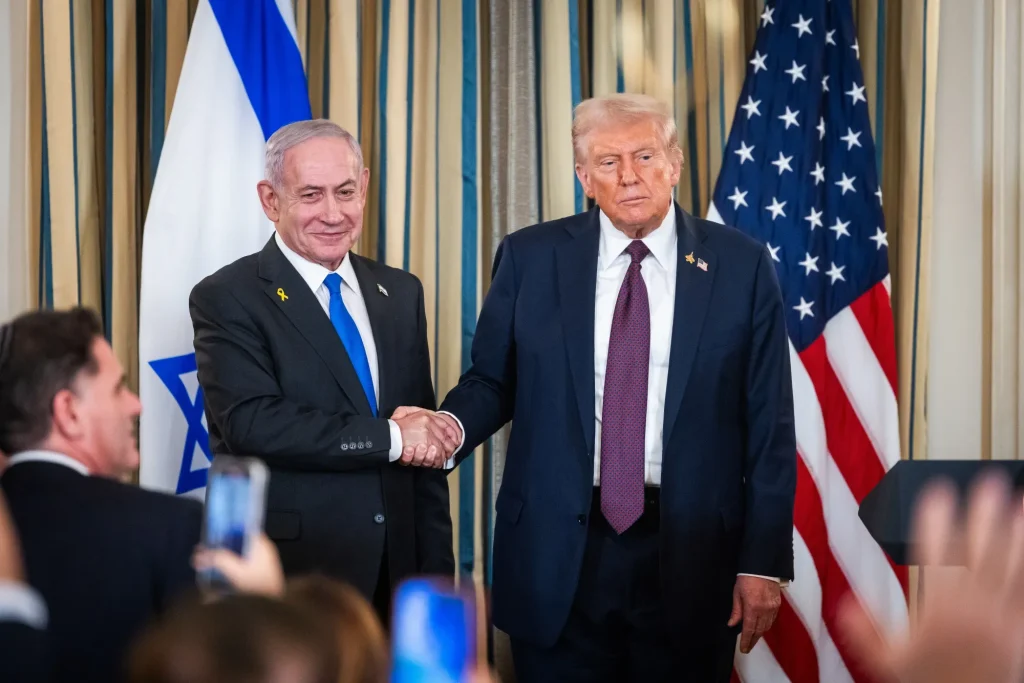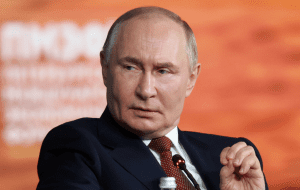After a closely watched White House tour, Israeli Prime Minister Benjamin Netanyahu is now sending mixed signals about his support for former President Donald Trump’s 20-point Gaza plan.

Speaking in Washington, Netanyahu initially expressed support for Trump’s proposal, which calls for a phased withdrawal of Israeli troops from Gaza and outlines a framework for eventual Palestinian statehood. However, upon returning to Israel, he contradicted key elements of the plan, saying Israel “will remain in most of Gaza” and that he did not agree to any recognition of Palestinian statehood.
Tension Over Key Clauses
Trump’s 20-point peace framework included provisions aimed at addressing one of the region’s most intractable conflicts. The 16th clause calls for the establishment of a Palestinian state under strict security arrangements, while the 19th clause envisions Israel gradually reducing its military footprint in Gaza.
By rejecting both provisions, Netanyahu has placed himself at odds not only with Washington but also with a broad coalition of international actors who back a two-state solution.
Strategic Calculations
Analysts say Netanyahu’s reversal reflects domestic political realities. With his coalition heavily reliant on far-right and nationalist parties, conceding ground on Palestinian sovereignty could fracture his government. At the same time, open defiance of Trump’s plan risks weakening ties with one of Israel’s most important political allies.
The comments also come as Israel continues its military campaign in Gaza, which has drawn growing criticism from the United Nations, European leaders, and regional powers like Türkiye. Netanyahu’s insistence on maintaining long-term military control in Gaza underscores his strategy of prioritizing Israeli security concerns over international diplomatic pressure.
What Comes Next
For Trump, who has pitched himself as a dealmaker capable of ending the Israel-Palestine conflict, Netanyahu’s pushback represents a major obstacle. The former US president has said he wants to see his peace framework adopted before the 2026 US-Mexico-Canada Agreement review, positioning it as a centerpiece of his foreign policy comeback.
Whether Netanyahu’s remarks mark a hardline negotiating stance or an outright rejection remains unclear. What is certain is that the gulf between Israeli leadership and Trump’s vision of Gaza governance could complicate future talks and derail momentum for peace.



















Comments are closed.